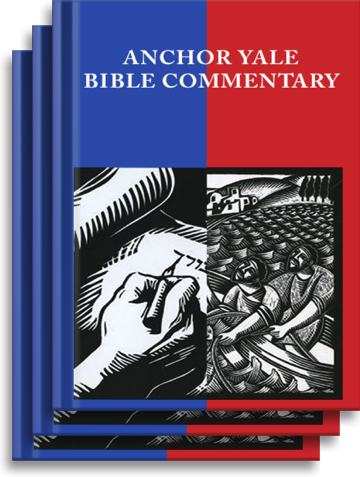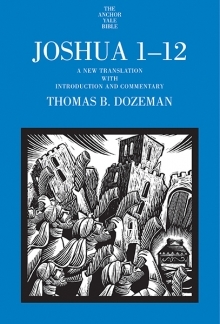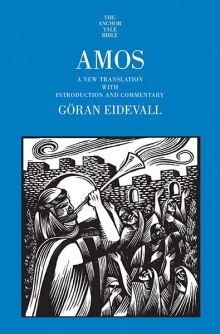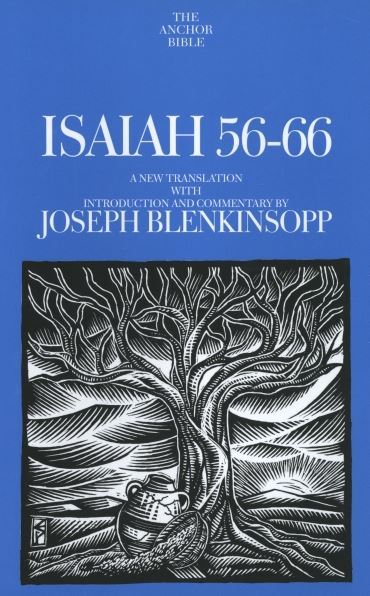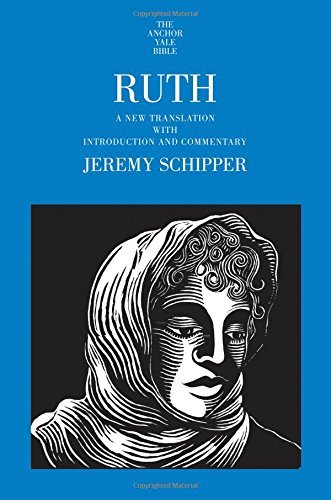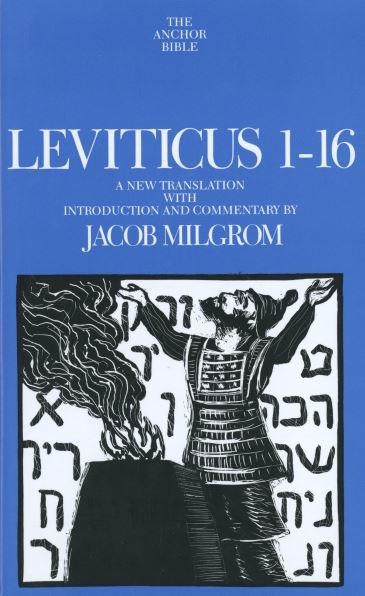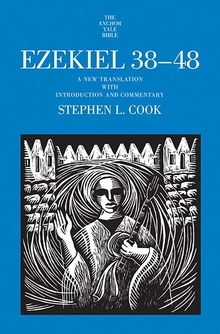



The Anchor Bible offers new, book-by-book translations of the Old and New Testaments and Apocrypha, with commentary. This volume on The Wisdom of Solomon has been prepared by David Winston, Professor of Hellenistic and Judaic Studies and Director of the Center for Judaic Studies at the Graduate Theological Union in Berkeley, California.
The Wisdom of Solomon is a long and subtly poetic work placed in the mouth of "wise" King Solomon. It blends biblical thought and Middle Platonism. David Winston thoroughly analyzes the book, presenting the philosophical situation clearly and putting forth evidence to suggest that the work was written later than is commonly supposed, during the reign of Caligula (A.D. 37-41), and by a single author.
Because of its exclusion from the canon of scripture used by Jews and Protestant Christians, The Wisdom of Solomon has been neglected by biblical scholars in general. Dr. Winston's commentary is the first to thoroughly cover both previous research and recent developments such as the Qumran scrolls, papyrus discoveries in Egypt, and new knowledge of ancient Iranian religion. It is a major contribution to the study of the apocryphal literature of the Bible.
THE ANCHOR YALE BIBLE COMMENTARY SERIES is a project of international and interfaith scope in which Protestant, Catholic, and Jewish scholars from many countries contribute individual volumes. The project is not sponsored by any ecclesiastical organization and is not intended to reflect any particular theological doctrine.
The Anchor Yale Bible is committed to producing commentaries in the tradition established half a century ago by the founders of the series, William Foxwell Albright and David Noel Freedman. It aims to present the best contemporary scholarship in a way that is accessible not only to scholars but also to the educated nonspecialist. Its approach is grounded in exact translation of the ancient languages and an appreciation of the historical and cultural context in which the biblical books were written supplemented by insights from modern methods, such as sociological and literary criticism.
